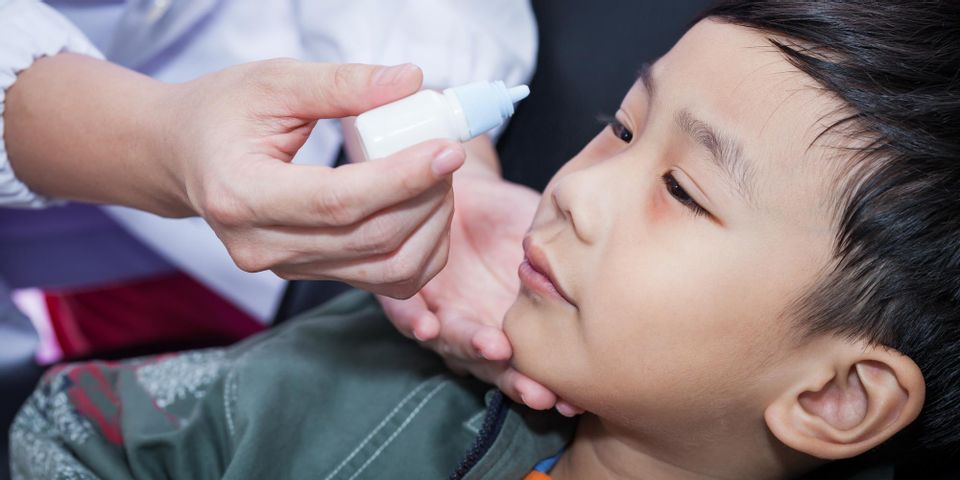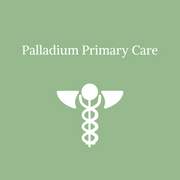What All Parents Should Know About Pinkeye

Conjunctivitis, or what most people call “pinkeye,” is characterized by inflammation of the conjunctiva. The conjunctiva is the membrane that lines the inside of the eyelids and covers the white part of the eyes. Because it's incredibly contagious, pinkeye is especially common among children, who may not have the best hygiene habits. As such, family doctors encourage all parents to familiarize themselves with the causes, symptoms, and treatments.
What Causes Pinkeye?
Most cases of conjunctivitis are attributed to viruses or, more specifically, viral infections that are associated with the common cold. Several different kinds of bacteria can also cause infectious pinkeye.
When it’s caused by viruses or bacteria, it spreads easily through direct or indirect contact with the liquid that falls from the infected eyes. Conjunctivitis can also be caused by allergens and irritants, though. Triggers include ragweed pollen, grass, animal dander, dust mites, and chlorine.
What Are the Symptoms?
As the name implies, the most telling sign of pinkeye is redness in the whites of the eyes. Affected eyes may also feel itchy, gritty, or irritated. Additionally, excessive tearing is common, as is clear or yellow discharge.
If you don’t wipe away this discharge—when sleeping, for example—it can form a crust that prevents the eyes from opening.
How Is It Treated?
 If you think your child has pinkeye, head to your family doctor for an accurate diagnosis. Although there's no treatment for viral pinkeye, which typically resolves itself in one to two weeks, the physician can prescribe eye drops or ointment if bacterial pinkeye is the issue.
If you think your child has pinkeye, head to your family doctor for an accurate diagnosis. Although there's no treatment for viral pinkeye, which typically resolves itself in one to two weeks, the physician can prescribe eye drops or ointment if bacterial pinkeye is the issue.
Treatment usually takes five to seven days, although symptoms will likely improve within 24 hours of starting the drops. As for allergic conjunctivitis, your family doctor may instruct you to give your child oral antihistamines or eye drops.
Until the condition clears up, teach your child how to avoid spreading it to siblings and classmates. This includes keeping their fingers away from the affected eyes and washing their hands often. You should also give your child a clean towel and fresh pillowcase every night until things clear up, and instruct everyone in the household to use their own washcloths.
If you think your child has pinkeye, head to Palladium Primary Care in High Point, NC. Led by Dr. George Osei-Bonsu, who has more than a decade of experience in the medical field, this local clinic is proud to provide comprehensive care for children, teens, and adults. For more information about the practice, visit their website. To make an appointment, call (336) 841-8500.
About the Business
Have a question? Ask the experts!
Send your question

